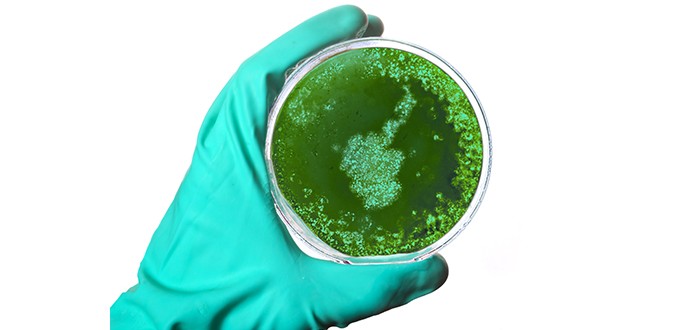Mesothelioma research usually takes a backseat to other cancer research because mesothelioma is so rare.
The fact that there are far fewer cases of mesothelioma than other cancers, such as breast cancer, means fewer dollars are designated to fund research into mesothelioma.
But comparatively fewer cases of mesothelioma also means there are fewer mesothelioma tumor samples available for researchers to study and experiment upon in the first place.
One way this problem has been addressed is by creating mesothelioma tissue banks. These are facilities that collect and store mesothelioma tumor samples and then either loan or sell them to researchers.
U.K. Mesothelioma Tissue Bank Promises Quality
Tissue banks have been beneficial to research, yes. But they have a glaring shortcoming. Mainly, there is no consistency to the quality of samples available from one mesothelioma tissue bank compared to the next.
Sometimes, there is even no consistency to the quality of samples available within the same mesothelioma tissue bank.
Consequently, this can lead to inconsistent research results. That makes it more difficult to solve the mysteries of how mesothelioma operates and what it takes to stop the disease.
Mesothelioma researchers at the University of Cambridge in the United Kingdom are trying to do something about this.
They are in the process of establishing a mesothelioma tissue bank that will adhere to very strict procedures for acquiring and classifying samples. The researchers behind this mesothelioma tissue bank believe the standards they are implementing will let them provide quality-assured samples to scientists in the U.K., the U.S. and elsewhere.
The quality of these samples will allow researchers to compare apples to apples when they share research findings from now on.
MesobanK Contains Samples 1,000 Mesothelioma Patients
The researchers described their mesothelioma tissue bank in the journal Thorax. They said they are calling it MesobanK UK.
“MesobanK has been created to establish a bioresource of pleural mesothelioma tissue linked to detailed anonymised clinical data,” they wrote.
“The overall goal… is to provide a framework for the systematic collection, curation and quality assurance of well-annotated mesothelioma tissue that will facilitate high-quality basic science, translational and clinical research into mesothelioma.”
To help with this, a tissue microarray is being constructed. It will hold tumor samples from 750 malignant pleural mesothelioma patients, according to the researchers. All of these patients are adults who have received treatment for mesothelioma in U.K. hospitals over the last decade.
The researchers indicated they also are prospectively collecting tissue, blood, pleural fluid and data from an additional 300 mesothelioma patients across Great Britain.
These 300 have either been confirmed as having mesothelioma or are suspected of it. All are currently being monitored while awaiting official diagnosis or are receiving routine care for the disease.
Multiple tissue samples are being collected from each of these patients. The samples will eventually undergo histological, proteomic, genomic or transcriptomic analysis.
The samples are being cryogenically stored under strictly controlled conditions. Also, they are being stored ready to ship so that there will be no need for unnecessary extra handling.
To facilitate quality in the harvesting of samples, MesobanK is handing out standardized collection kits to all doctors who treat mesothelioma patients.
Another problem that has limited the helpfulness of tissue banks to researchers is that many of the existing mesothelioma cell lines for in vitro studies are now very old.
As such, they no longer serve as good representations of the original tumors from which they were descended. MesobanK seeks to remedy this by offering 26 brand-new pleural mesothelioma cell lines.
With all that it offers, MesobanK could quickly emerge as the most comprehensive resource for high-quality mesothelioma tissue samples anywhere on the planet, the founders hope.


